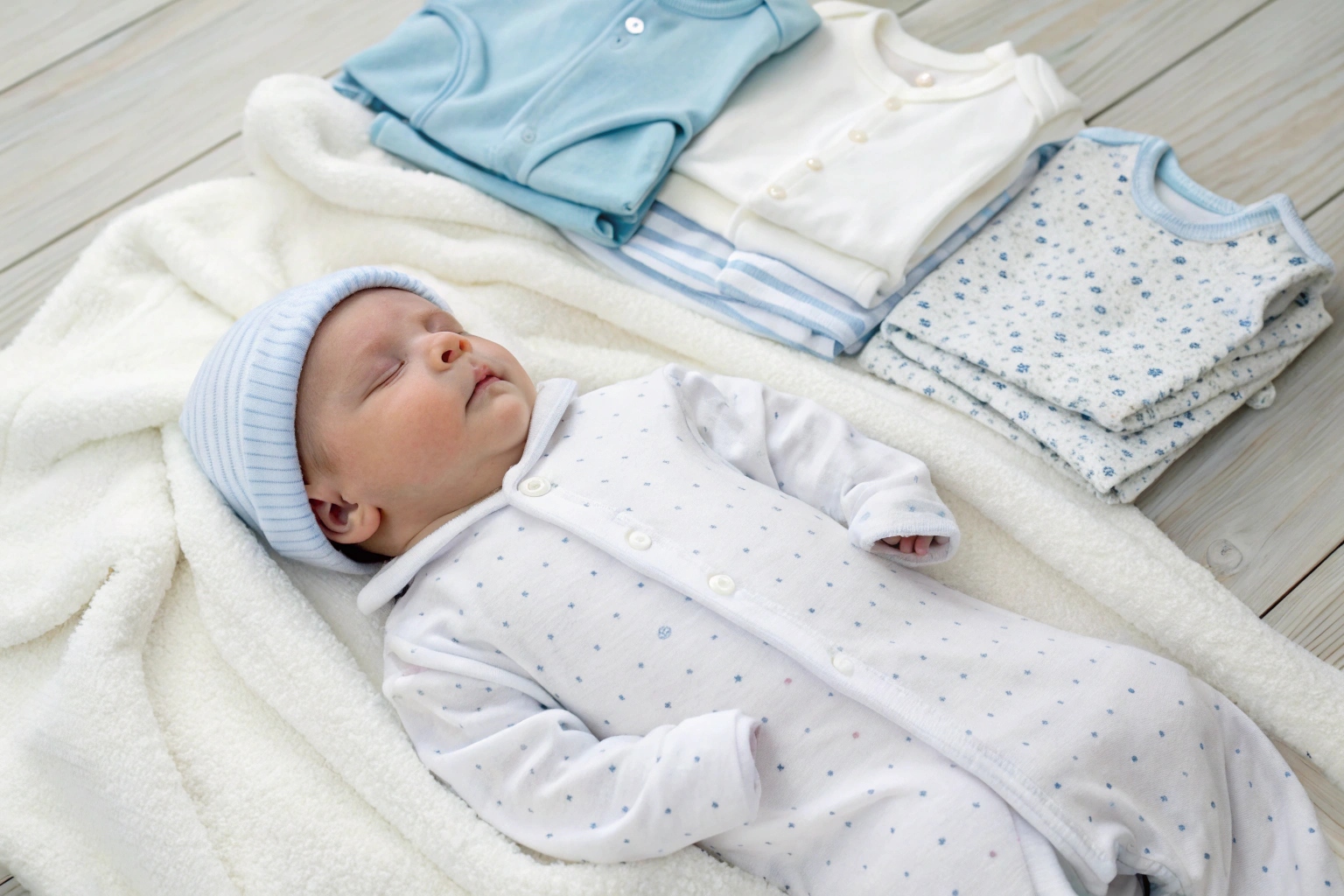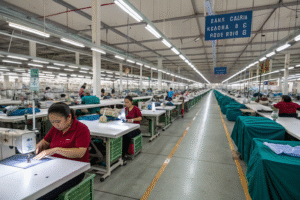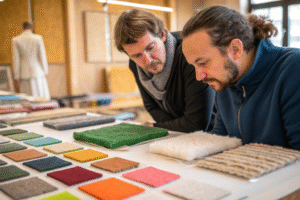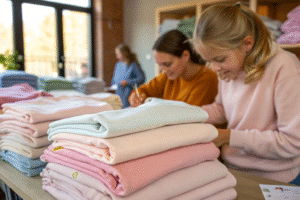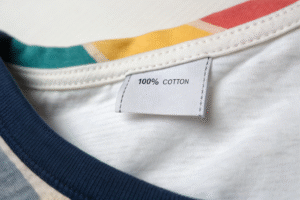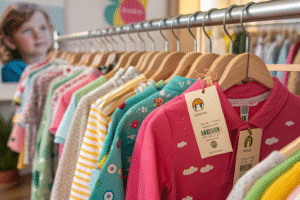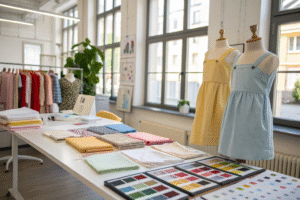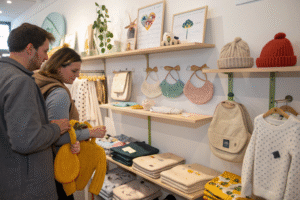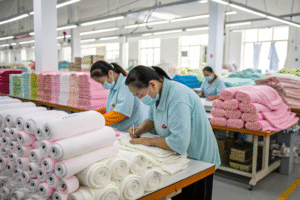New baby clothes may look spotless—but that doesn’t mean they’re ready for delicate skin. Parents often wonder: is pre-washing necessary?
Yes, it’s important to wash baby clothes before their first use to remove potential irritants, residues, and allergens that could affect sensitive newborn skin.
Let’s look at what’s really on those cute little outfits—and how to prep them for safe, comfy wear.
Why New Baby Clothes May Contain Irritants or Residue?
Straight from the shelf, baby clothes can carry more than just style. They may contain leftover chemicals, dust, or dyes from manufacturing and shipping.
New babywear may have residues like formaldehyde, sizing agents, or warehouse dust—all of which can irritate a newborn’s sensitive skin or trigger allergic reactions.
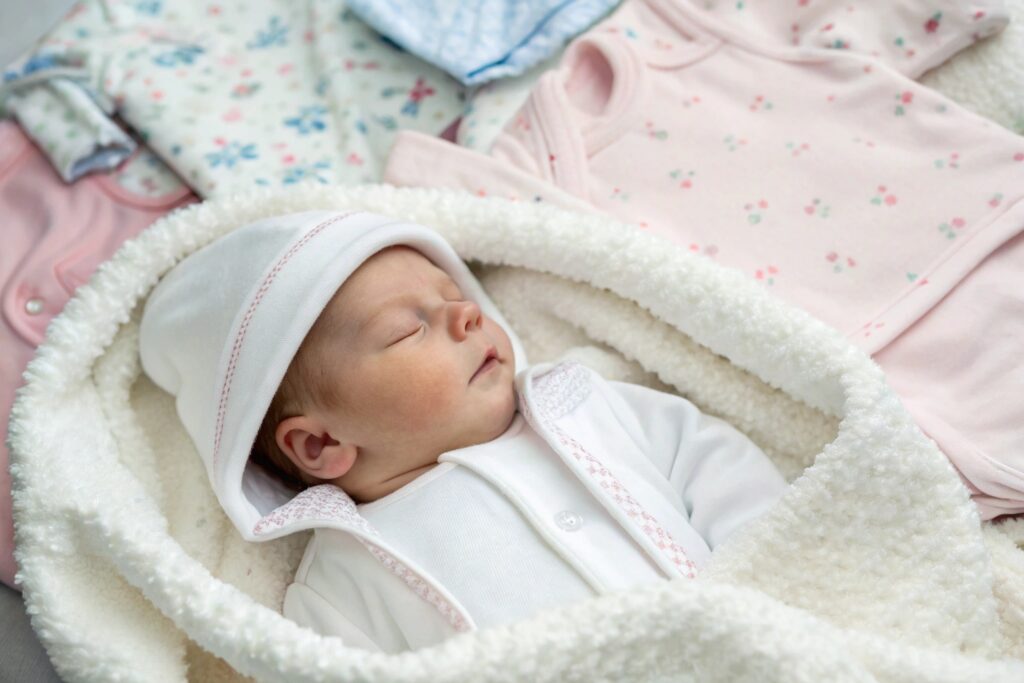
Common irritants found in new clothes:
| Residue or Chemical | Potential Risk for Babies |
|---|---|
| Formaldehyde (used for wrinkle resistance) | Can cause rashes or breathing sensitivity |
| Dye or finishing agents | May cause itching, redness, or reactions |
| Fabric sizing (stiffener) | Traps dust or pollen particles |
| Shipping contaminants | Garments handled in dusty, non-sterile spaces |
| Fragrance from packaging | Not always safe for baby breathing |
Even “organic” or “pre-washed” babywear can pass through multiple hands and surfaces before it reaches your home.
Washing helps remove these surface-level residues and ensures that the first layer against your baby’s skin is truly clean.
What Pediatricians Say About Washing Before First Wear?
Parents often look to medical guidance when it comes to newborn safety. So what do pediatricians say about washing baby clothes?
Most pediatricians recommend washing all new baby clothes—even if they look clean—before first use to help prevent skin irritation, allergies, or rash.
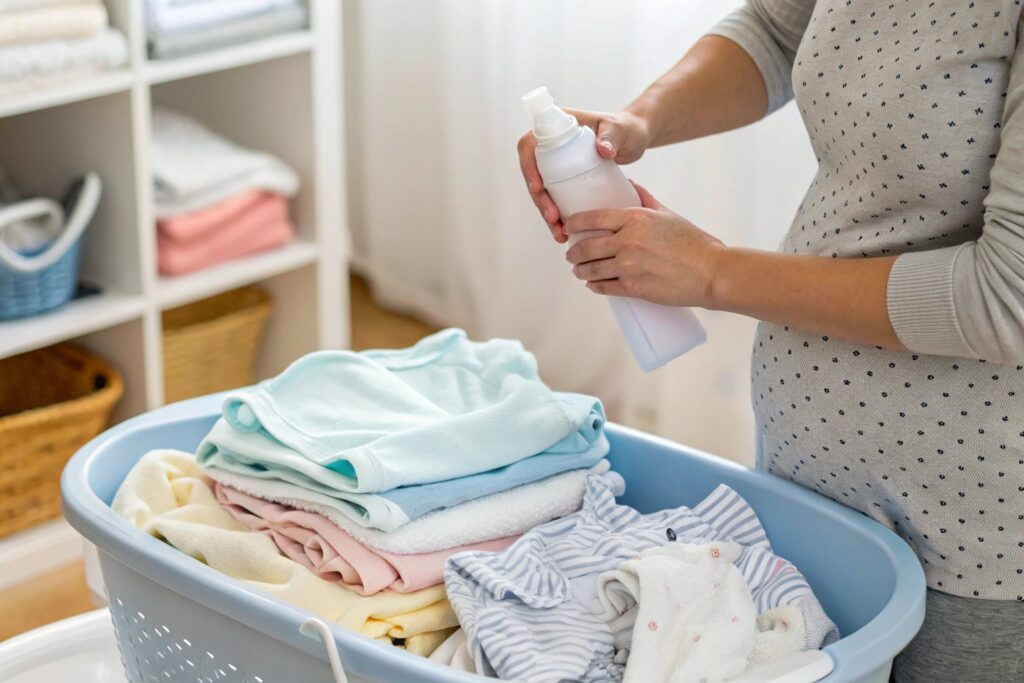
Pediatric guidance on pre-washing:
| Pediatric Advice | Reason Behind It |
|---|---|
| “Wash everything, even pre-packaged” | Residues may still be present |
| “Use fragrance-free detergent” | Prevents allergic reactions |
| “Wash in hot or warm water” | Removes most surface contaminants |
| “Always wash sleepwear and bodysuits” | These garments have longest skin contact |
Pre-washing is especially important for:
- Bodysuits
- Swaddles
- Hats and mittens
- Pajamas
- Undergarments or layers worn close to the skin
Even babywear labeled "gentle" or “pre-washed” is usually cleaned for appearance—not chemical safety.
How to Properly Wash Baby Clothes for Sensitive Skin?
Washing babywear isn’t complicated, but a few steps go a long way toward keeping garments soft, safe, and hypoallergenic.
Use a gentle, fragrance-free detergent and avoid fabric softeners, hot dryers, or harsh wash cycles that can irritate baby skin or degrade fabric.
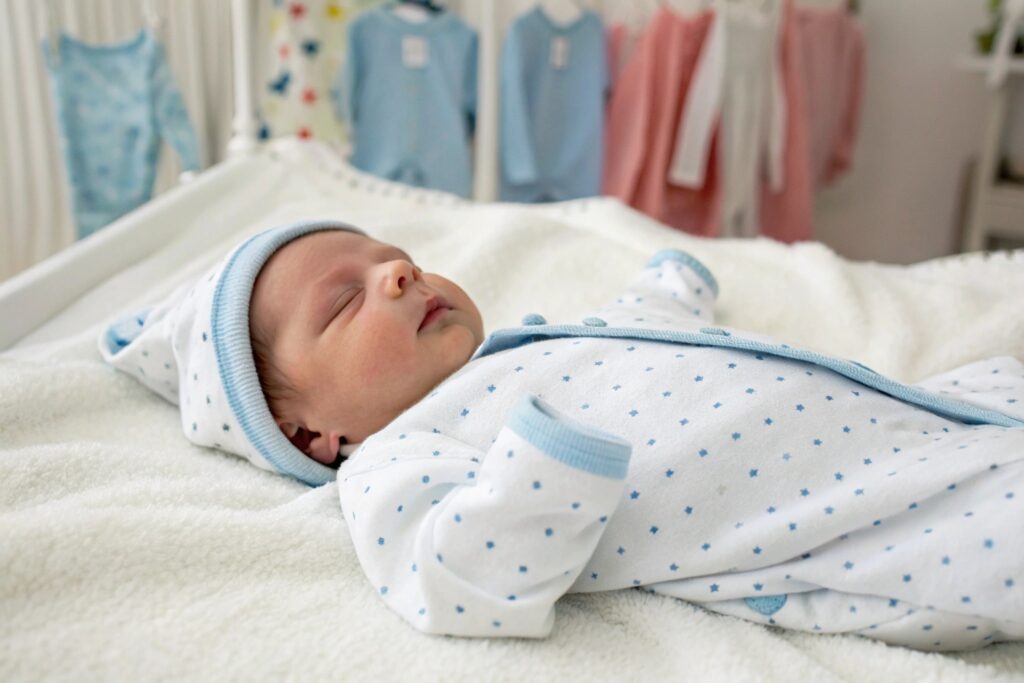
Babywear pre-wash checklist:
| Step | Why It Helps |
|---|---|
| Separate from adult laundry | Reduces transfer of bacteria or lint |
| Use baby-safe detergent | Avoids perfumes, dyes, or sulfates |
| Choose warm or cool water | Gentle on fibers while removing residue |
| Skip softener & dryer sheets | Leaves no coating on fabric |
| Double rinse cycle (optional) | Helps remove all soap and allergens |
| Air dry or tumble low | Preserves fabric softness and sizing |
For newborns with eczema, allergies, or extra-sensitive skin, consider an additional rinse cycle and opt for detergents labeled “free & clear.”
At Fumao, we recommend pre-washing all our garments—even OEKO-TEX® and GOTS-certified ones—to give babies the cleanest start.
Tips for Prepping Organic and Pre-Washed Babywear?
Organic, GOTS-certified, or “pre-washed” baby clothes are a great step toward safety—but they still benefit from one last clean at home.
Even pre-washed or organic babywear should be washed before use to remove packaging dust and ensure it’s truly fresh for your baby’s skin.
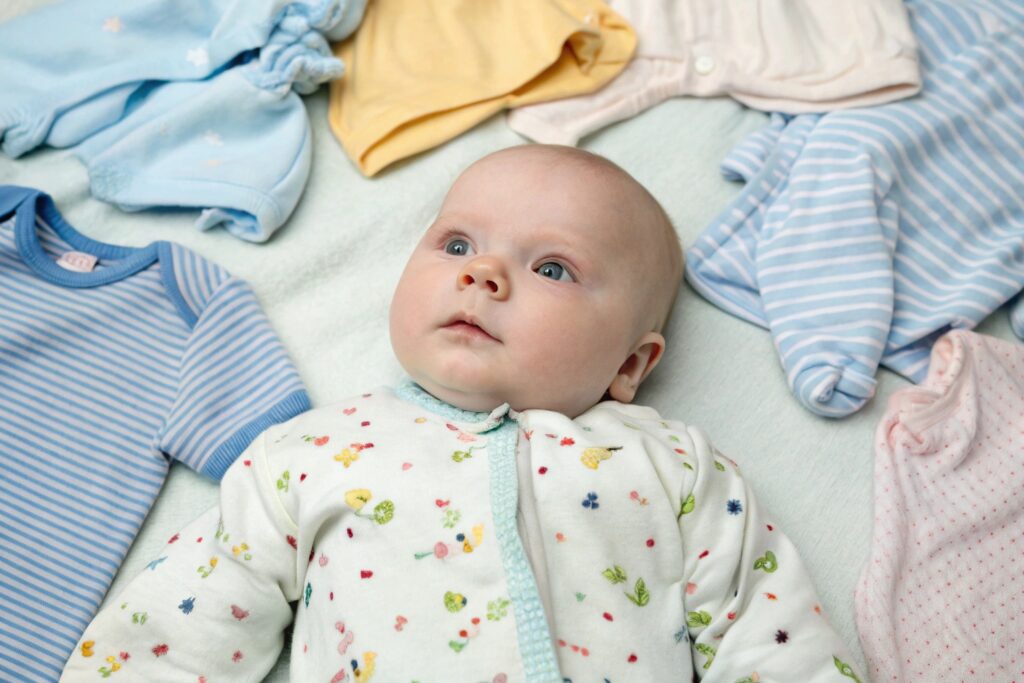
Best practices for prepping premium babywear:
| Label Claim | What You Still Need to Do |
|---|---|
| GOTS Certified | Wash to remove warehouse dust or handling |
| Pre-Washed | Still needs washing to remove transit residue |
| “Ready to wear” label | Clean anyway—don’t skip for newborns |
| Handmade or small batch | May contain soap or dye particles |
Extra tips:
- Use a mesh laundry bag for small socks, mittens, or hats
- Fold right after drying to keep babywear neat and ready
- Store in a clean drawer or storage bin away from pets or strong odors
Even high-quality garments benefit from a final wash cycle at home—especially before first wear, when a baby’s immune system is still developing.
Conclusion
Yes, you absolutely should wash baby clothes before use—even if they’re new, organic, or labeled “pre-washed.” It’s a small step that ensures safety, softness, and comfort for the most sensitive skin. When in doubt, wash it out.

